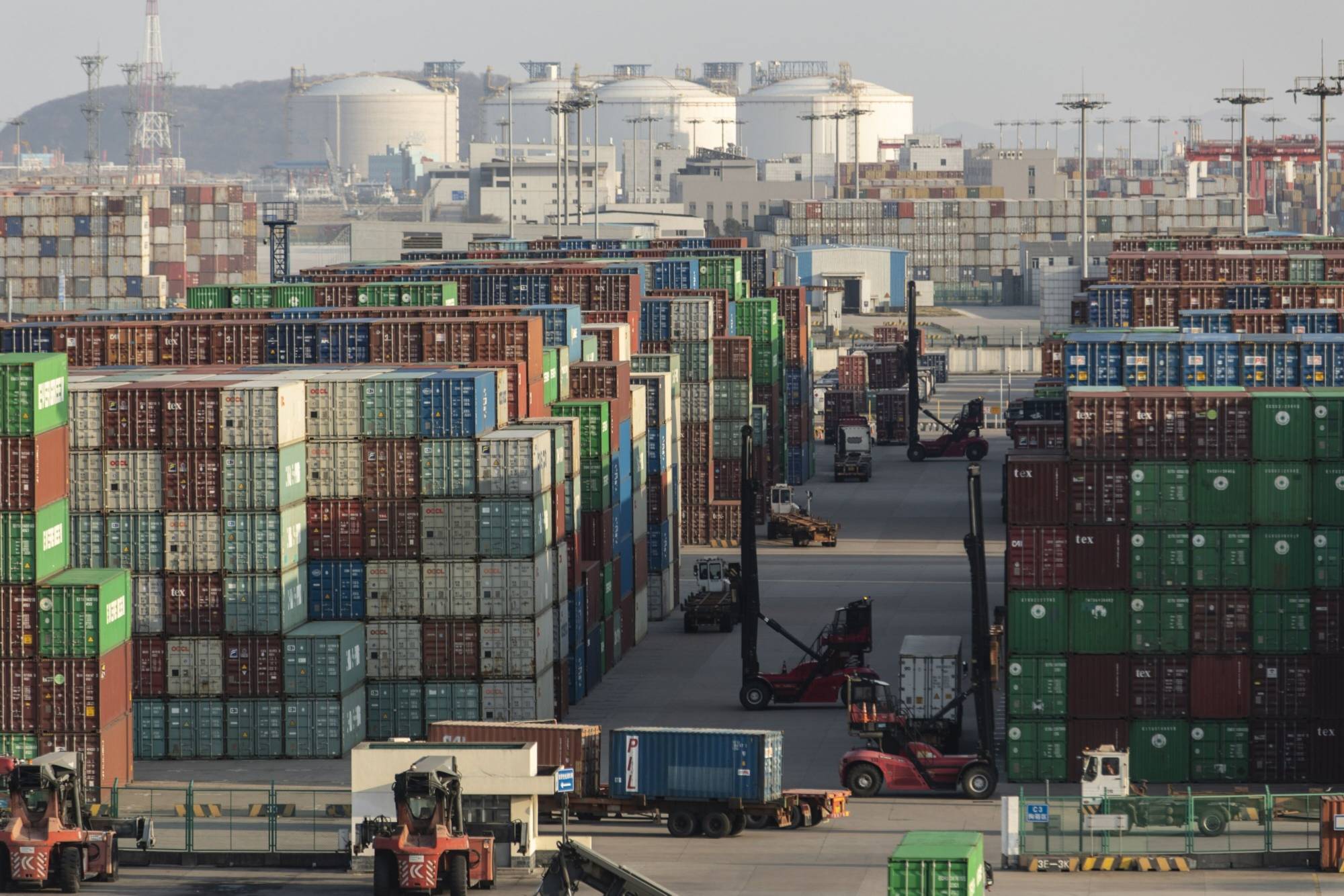For several decades, markets and market incentives were the main drivers of economic trends and policies. No longer. We have now entered an age of political economy, in which the actions of governments and the possibility of drastic policy shifts have become the main determinants of economic performance.
Until recently, global supply chains were based almost entirely on efficiency and comparative advantage. Trade agreements were negotiated and expanded to remove restrictions on the free flow of goods, capital, technology and, to some extent, people. With the advent of digital connectivity, trade in services began growing rapidly. In Europe, the creation of the eurozone led to the dismantling and privatization of many state-owned enterprises (SOEs) and monopolies.
Governance, both at the domestic and international levels, remained relatively stable, albeit not homogeneous. Across much of the world, governments were relegated to a secondary role. If policymakers simply support markets and grease the wheels of global capitalism, the thinking went, prosperity and progress would follow.



















With your current subscription plan you can comment on stories. However, before writing your first comment, please create a display name in the Profile section of your subscriber account page.